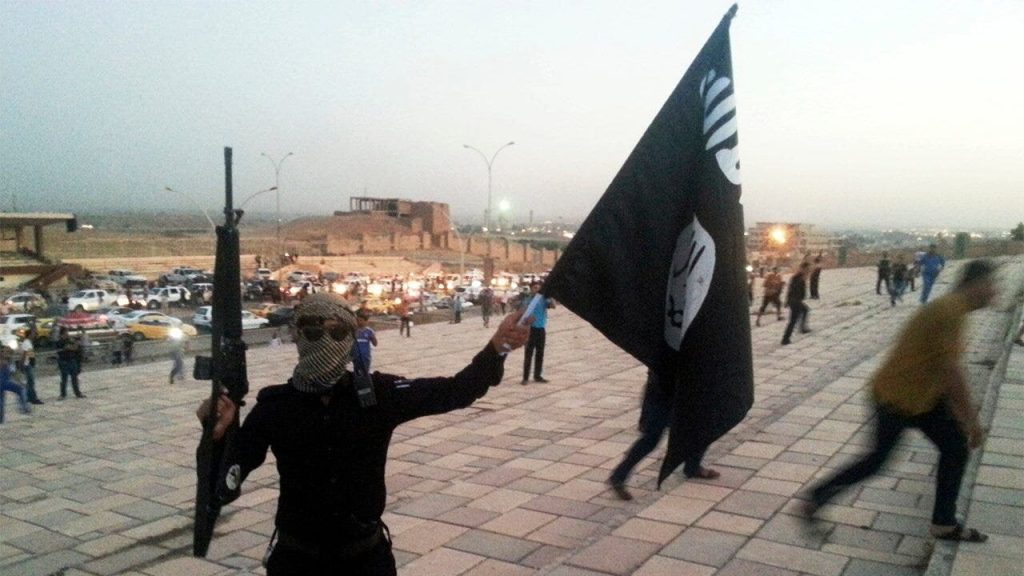The threat of the Islamic State has resurfaced following the New Year’s Day attack on a crowded street in New Orleans by Shamsud-Din Jabbar, a U.S.-born citizen and Army Veteran who drove a pickup truck with an ISIS flag into a crowd, resulting in numerous casualties. While the FBI has not confirmed his direct ties to the terrorist network, reports suggest that he was sympathetic to ISIS and had pledged allegiance to the group on social media. The attack has raised concerns about a potential resurgence of ISIS, especially in light of the recent developments in regions like the Sahel in Africa and the Middle East.
Bill Roggio, a security expert, cautions against premature claims of the defeat of terrorist groups like ISIS and al Qaeda, emphasizing their persistence and ability to adapt. Despite setbacks, ISIS continues to pose a significant threat in various regions, including Afghanistan, Africa, and the Middle East. The fall of the Bashar al-Assad regime in Syria and the recent U.S. withdrawal from Afghanistan have created security vacuums that could potentially be exploited by terrorist networks like ISIS, leading to increased concerns about their resurgence.
In Afghanistan, ISIS-K, the regional affiliate of ISIS, gained attention for carrying out attacks amidst the Taliban takeover and the U.S. withdrawal, resulting in casualties among both Afghan civilians and American service members. While ISIS-K has not been able to thrive as anticipated in Afghanistan, the Taliban’s focus on suppressing ISIS leaves the group with more room to operate. The Biden administration’s decision to end the military mission in Iraq to combat ISIS by 2026 has raised concerns among security experts about the potential resurgence of the group in the absence of U.S. presence.
Security experts warn that the ongoing threat posed by ISIS, particularly in areas like Iraq and Syria, requires a continued U.S. presence to counter the group effectively. The weakening of the Assad regime in Syria has created an opportunity for ISIS to regroup and regain strength, potentially leading to a resurgence in the region. Concerns about the security implications of withdrawing U.S. troops from Iraq and Syria have been raised, especially in the face of the growing threat posed by ISIS and other terrorist groups in the region.
The Trump administration’s stance on maintaining U.S. troops in the Middle East to counter the Islamic State remains uncertain, with potential implications for regional security and stability. Security experts emphasize the importance of a robust U.S. presence in Iraq and Syria to prevent the resurgence of terrorist organizations like ISIS and maintain stability in the region. The decision to withdraw troops or renegotiate withdrawal plans will have significant implications for the ongoing fight against terrorism in the Middle East.
As the global war on terror continues to evolve, the threat posed by ISIS and other terrorist groups remains a significant concern for global security. The resurgence of ISIS in regions like the Sahel, Africa, and the Middle East underscores the need for sustained international efforts to combat terrorism and prevent the rise of extremist organizations. The ongoing challenges posed by groups like ISIS require a coordinated and proactive approach to counter the threat effectively and maintain stability in the region.


